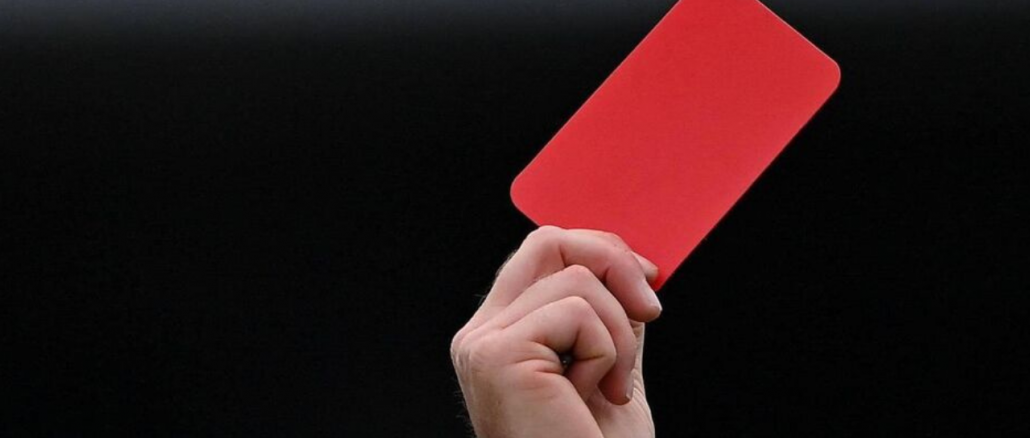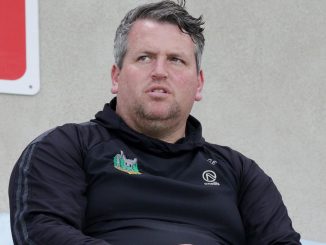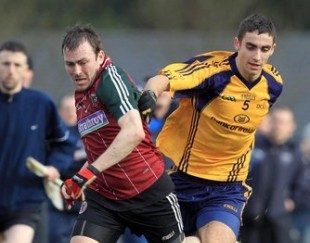
Perhaps the most infamous GAA match of the last 15 years is the controversial Leinster Senior Football Final of 2010 between Louth and Meath. Its infamy however spurns not from the quality of football, but rather the atrocious treatment of its officials at the games’ conclusion.
Ugly scenes unfolded on National Television as referee Martin Sludden was assaulted after the final whistle, and had to be escorted off the pitch by Gardaí as incensed Louth fans tore onto the pitch towards him. Two men were later found guilty of assaulting Sludden in 2012.
The referee had controversially awarded what was an illegitimate goal for Meath in the last minute of the game, putting them ahead of Louth, who would otherwise have won their first Leinster Championship in 50 years.
The injustice of the loss however, was no justification for the treatment received by the referee, and serves as the prime example of how culture in the GAA and its lack of respect for the officials needed to change.
During a minor football game in Ballyforan, Co. Roscommon on 31 August, between St. Aidan’s and St. Dominic’s referee Kevin Naughton was allegedly assaulted.
Footage does not directly show an assault, but does show Naughton being approached by a non-player from the sidelines, then facedown and motionless moments later.
Video footage of the incident spread like wildfire across social media depicting Naughton stricken on the ground while players and coaches attended to him. Fans watching on called for medical services. Outcry was heard across Ireland at the shocking incident, with people from all corners of the GAA quick to condemn the attack and call for action to be taken.
In solidarity with Naughton, all Roscommon referees refused to take the pitch the weekend after the assault, and all football games across the county were postponed. The GAA and An Garda Síochana launched investigations and the GAA have proposed the assailant receive a 96 week ban from all GAA activity.
A study by Ulster University published just last month found 23% of referees surveyed suffered physical abuse, with some 94% reporting suffering verbal abuse at some point in their careers. This data shows that the assault on Naughton was not a flash in the pan. It was a display of the total lack of respect for the game and its officials by those who play, coach and watch it.
This is a large-scale problem that the GAA must tackle. Referees are as much a part of the sport as players, managers and spectators, and a campaign starting at grassroots all the way to the top of the game must be navigated.
It seems almost a part of the ceremony of a GAA match for anyone involved in the game to at some point take a pop at the referee. I doubt a game has ever been played where neither side had a player or coach vocally object to a referee’s decision. This culture of perpetual opposition to the games’ officials must be tackled, as it is when stakes become higher and tension boils over,that this opposition leads to verbal and even physical abuse.
Roscommon’s referees were right to stand with their colleague after such treatment. The GAA community as a whole must do the same with all officials.
Sean Jevens
Image Credit: Sportsfile



